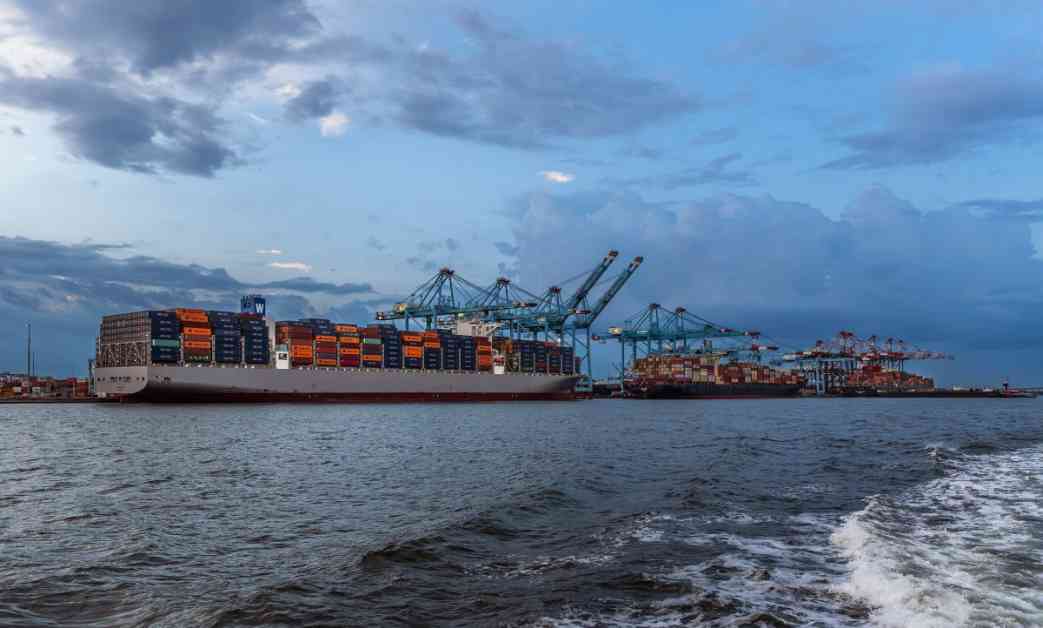Dock workers on the East Coast, including those at ports in the New York City area, have decided to end their three-day strike. The International Longshoremen’s Association (ILA) announced that workers will be returning to their jobs at East Coast docks starting Friday morning.
The strike was primarily centered around concerns regarding automation and wages. In the new contract agreement, it has been established that there will be no fully automated or semi-automated terminals on the East or Gulf Coasts for the next six years. Additionally, the ILA and shipping companies have reached an agreement on a wage package that was deemed satisfactory to bring the union members back to work.
Kenneth Riley, the international vice president of the ILA, mentioned that negotiations will continue over the next 90 days to address remaining issues. He also expressed gratitude for the assistance provided by the Biden administration in reaching this agreement.
The news of the strike ending brought relief to many New Yorkers who had been concerned about potential product shortages and price increases. Shoppers were seen stocking up on essential items like toilet paper and paper towels, causing some store shelves to be left bare for others.
New York Governor Kathy Hochul issued a statement emphasizing the importance of reaching an agreement that respects workers’ rights and ensures a steady flow of goods through the ports. Economists, however, warn that the resolution of the strike may not completely eliminate the impact on prices and inflation.
Christopher Ball, an economics professor at Quinnipiac University, explained that the higher wages for workers and the limited use of technology at the ports could lead to inefficiencies and increased costs. This, in turn, may result in higher prices for shipping and receiving, affecting various industries to some extent.
While the short duration of the strike may not have an immediate significant impact on prices, Ball believes that it could contribute to a gradual increase in inflation over time. He noted that a prolonged strike would have had more severe consequences, potentially causing immediate price spikes and shortages in certain areas.
Overall, the resolution of the strike is a positive development for workers and businesses alike. However, the long-term effects on prices and inflation remain to be seen as the economy continues to navigate through these challenges.

